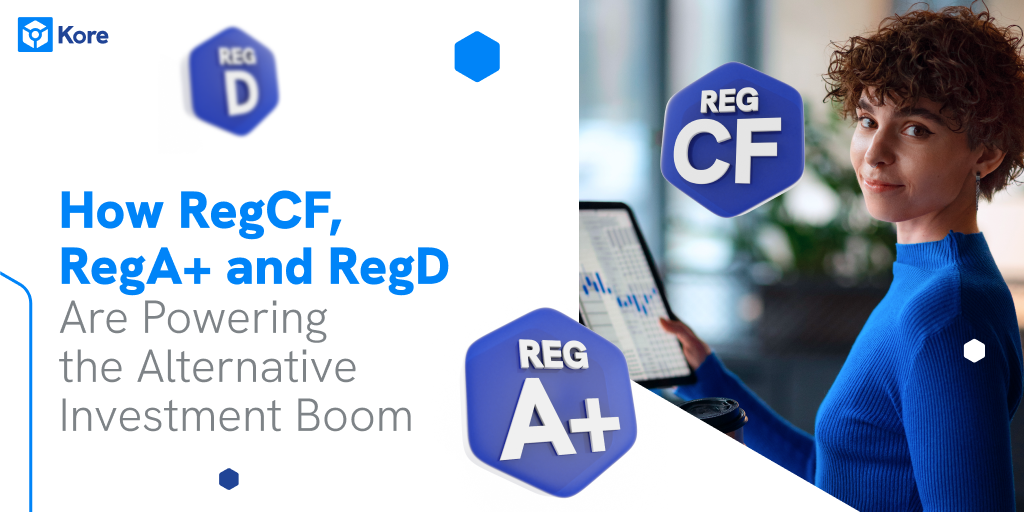What is the difference between Broker-Dealer vs RIA?

In the financial world, broker-dealers and registered investment advisers are two central figures that often get people talking.
They both play important roles, yet understanding their differences is essential for anyone involved with investments or the private capital market.
While they both provide investment services, they operate under different regulations, cater to varying client needs, and function with unique business models.
Keep reading and learn more!
Broker-Dealers
Role and Function
Broker-dealers primarily act as intermediaries in the buying and selling of securities. They can function in two ways:
- Broker – They facilitate transactions by connecting buyers and sellers.
- Dealer – They buy and sell securities from their own inventory, acting as a principal in the transaction.
- As a dealer, buying and selling securities from their own inventory.
The dual role of broker-dealers enables them to enhance market liquidity by being prepared to buy or sell securities at publicly quoted prices.
Compliance and Regulatory Roles
Beyond their traditional roles, broker-dealers also play a crucial part in ensuring compliance with various securities regulations. Specifically, they can act as Broker of Record for offerings under regulations such as Regulation A (RegA) and Regulation Crowdfunding (RegCF). In this capacity, broker-dealers perform essential compliance functions, including:
- Verification of Issuers: Ensuring that companies seeking to raise capital meet the necessary regulatory requirements.
- Disclosures and Reporting: Assisting in the preparation and dissemination of required disclosure documents to potential investors.
- Transaction Oversight: Monitoring and verifying transactions to ensure they adhere to regulatory standards, without necessarily facilitating the actual connection between buyers and sellers.
This compliance-focused role is distinct from their traditional function of bringing parties together for transactions. Instead, it emphasizes their responsibility in maintaining the integrity and legality of the fundraising process under specific regulatory frameworks.
Regulatory Environment
Broker-dealers face stringent regulation from the Financial Industry Regulatory Authority (FINRA) and the Securities and Exchange Commission (SEC). They must comply with specific rules governing customer accounts, trade execution, and asset protection. An important aspect of this framework is the “suitability” standard. Under this standard, broker-dealers are obligated to ensure that any investments they recommend are suitable for their clients. The suitability assessment is based on factors such as the client’s risk tolerance, investment objectives, and financial situation.
Compensation Structure
Broker-dealers generally follow a commission-based compensation model, earning fees for each transaction they facilitate. This model ties their income to the number of trades they process or a percentage of capital raised.
Registered Investment Advisers (RIAs): The Fiduciary Advisors
Role and Function
Registered Investment Advisers (RIAs) take a different approach. They offer personalized financial advice and often manage assets on behalf of their clients. RIAs typically provide ongoing portfolio management services, adopting a holistic approach like.
- retirement planning,
- estate planning,
- tax strategies
The comprehensive nature of their services makes them an attractive option for clients in search of broad financial guidance.
Regulatory Environment
RIAs are regulated under the Investment Advisers Act of 1940. Oversight is provided by either the SEC or state securities regulators, depending on the amount of assets under their management. Unlike broker-dealers, RIAs operate under a fiduciary standard
Compensation Structure
The majority of RIAs operate on a fee-based model. They charge clients in one of different ways:
- A percentage of assets under management (AUM).
- An hourly rate.
- A flat fee for their advisory services.
This model is often seen as more transparent and aligned with the client’s interests because it doesn’t incentivize the advisor to recommend unnecessary transactions. Instead, the RIA’s income grows in tandem with the client’s assets, fostering a mutually beneficial relationship.
Practical Differences: Broker-Dealer vs RIA
Now that we’ve covered the essential roles and structures of broker-dealers and RIAs, let’s take a closer look at the key differences that truly distinguish them.
| Broker-Dealers | Registered Investment Advisors (RIAs) |
| * Transaction-focused | * Holistic financial planning |
| * Best for active traders or those with specific investment needs | * Ideal for long-term investors seeking comprehensive guidance |
| * Compensation typically commission-based | * Compensation usually fee-based (percentage of assets, hourly, or flat fee) |
| * Operate under a suitability standard | * Held to a fiduciary standard (legally obligated to act in your best interest) |
Broker-Dealer or RIA: who is right for me?
Deciding between a broker-dealer and an RIA isn’t simply about selecting a financial advisor; it’s about finding the right partner to guide your financial journey. In other words, there’s no standard answer. Although, in general If you’re looking for a detailed financial strategy and value the security of having a fiduciary manage your investments, an RIA might be the right choice.
On the other hand, if you prefer taking an active role and primarily need assistance with trade execution, a broker-dealer could be the better option.
Remember, your path is unique – choose the professional who best aligns with your individual goals and needs.





